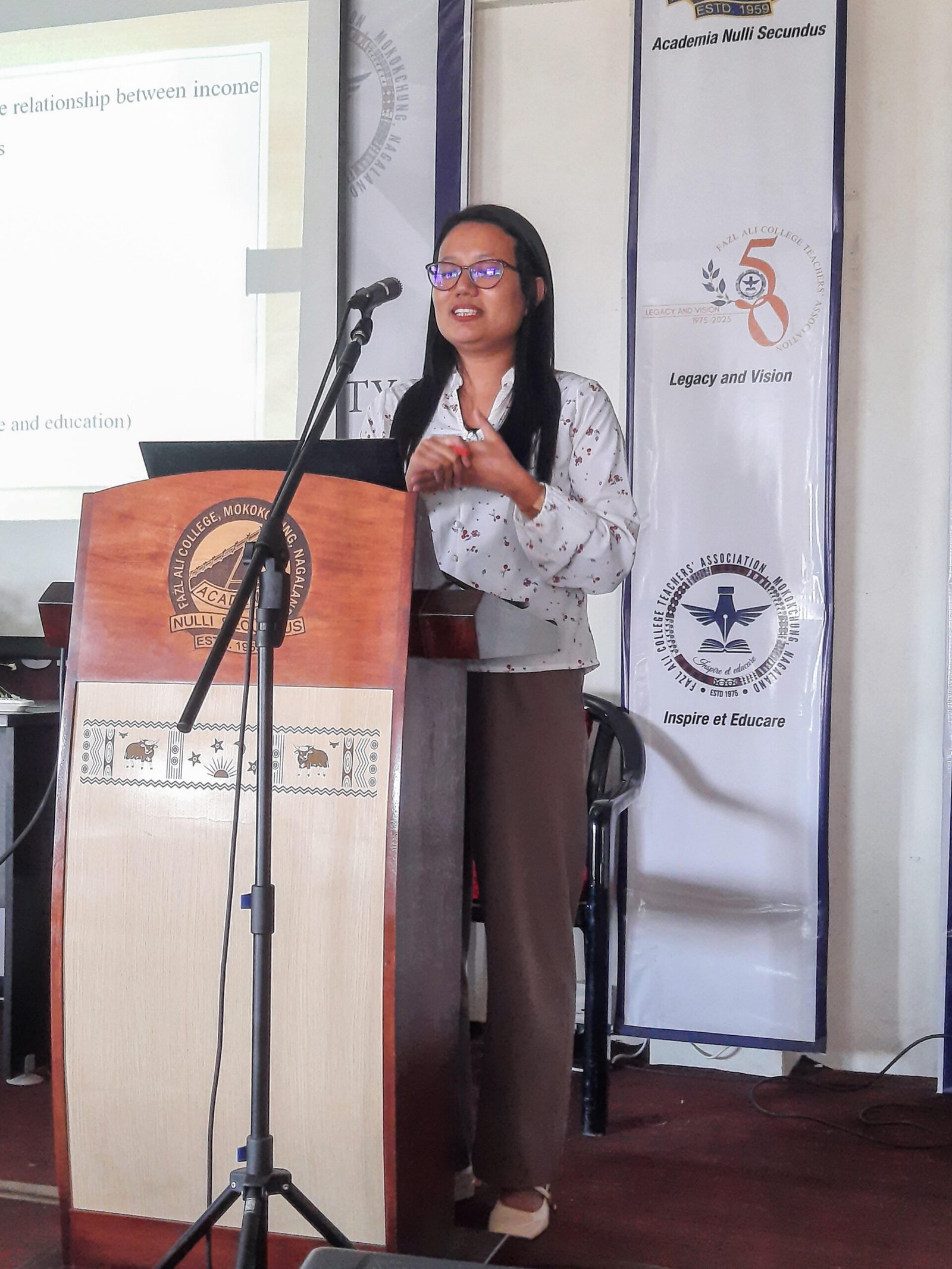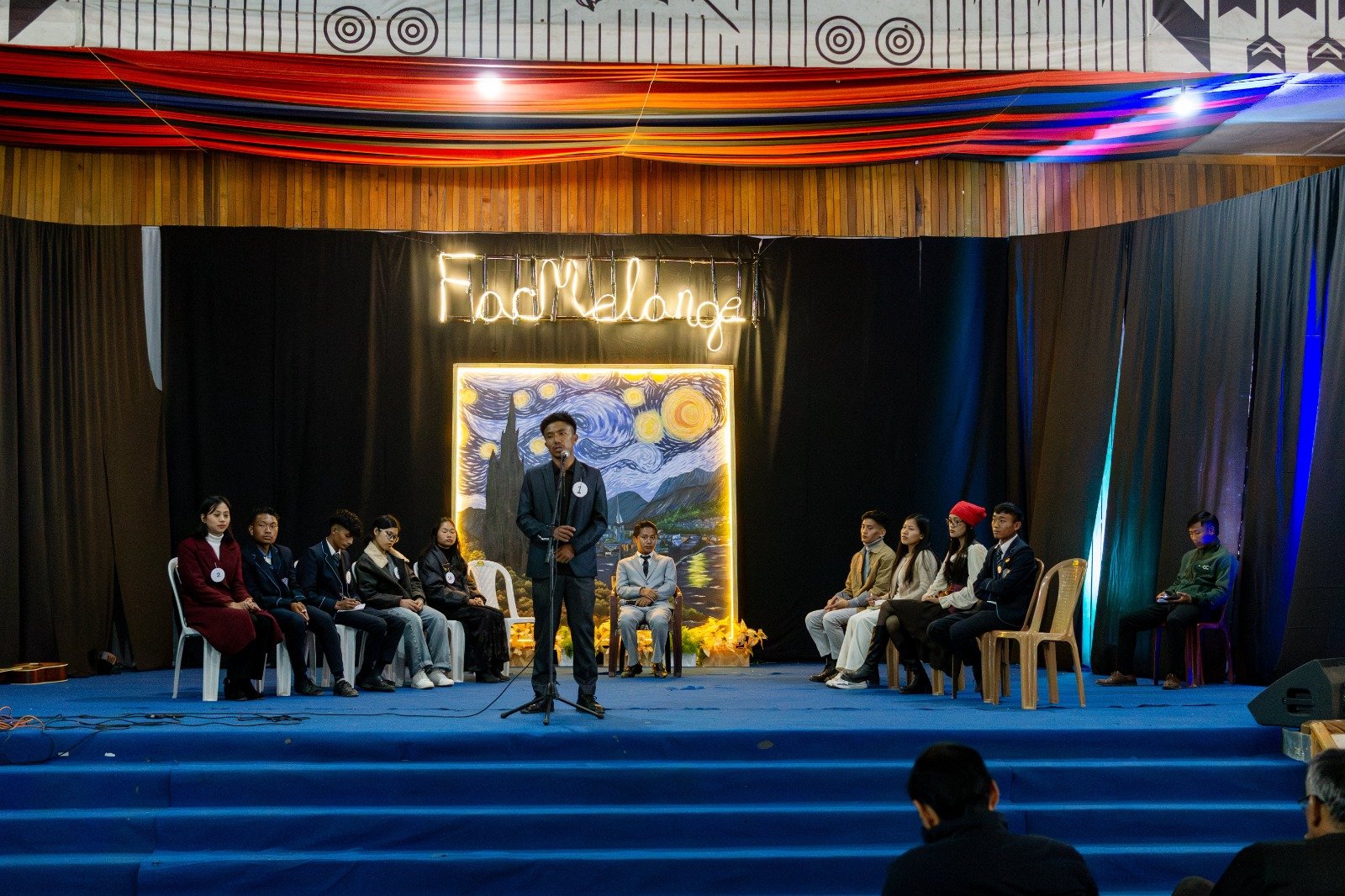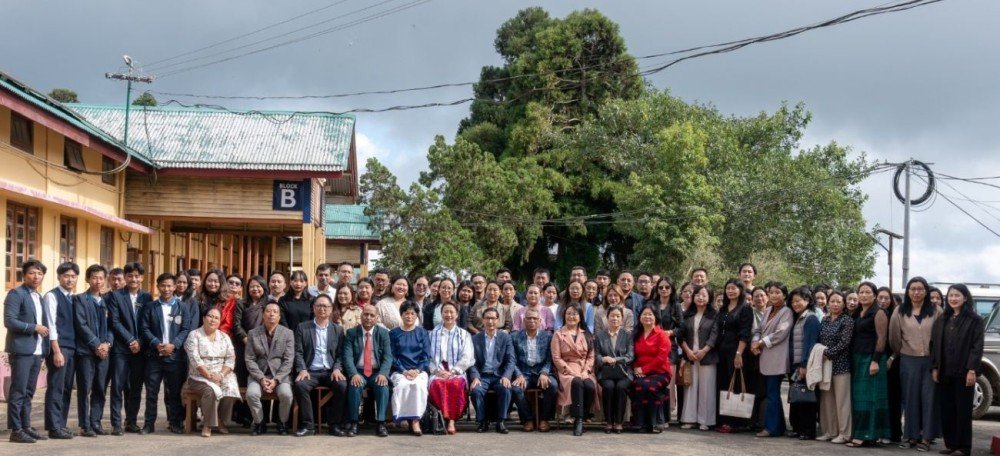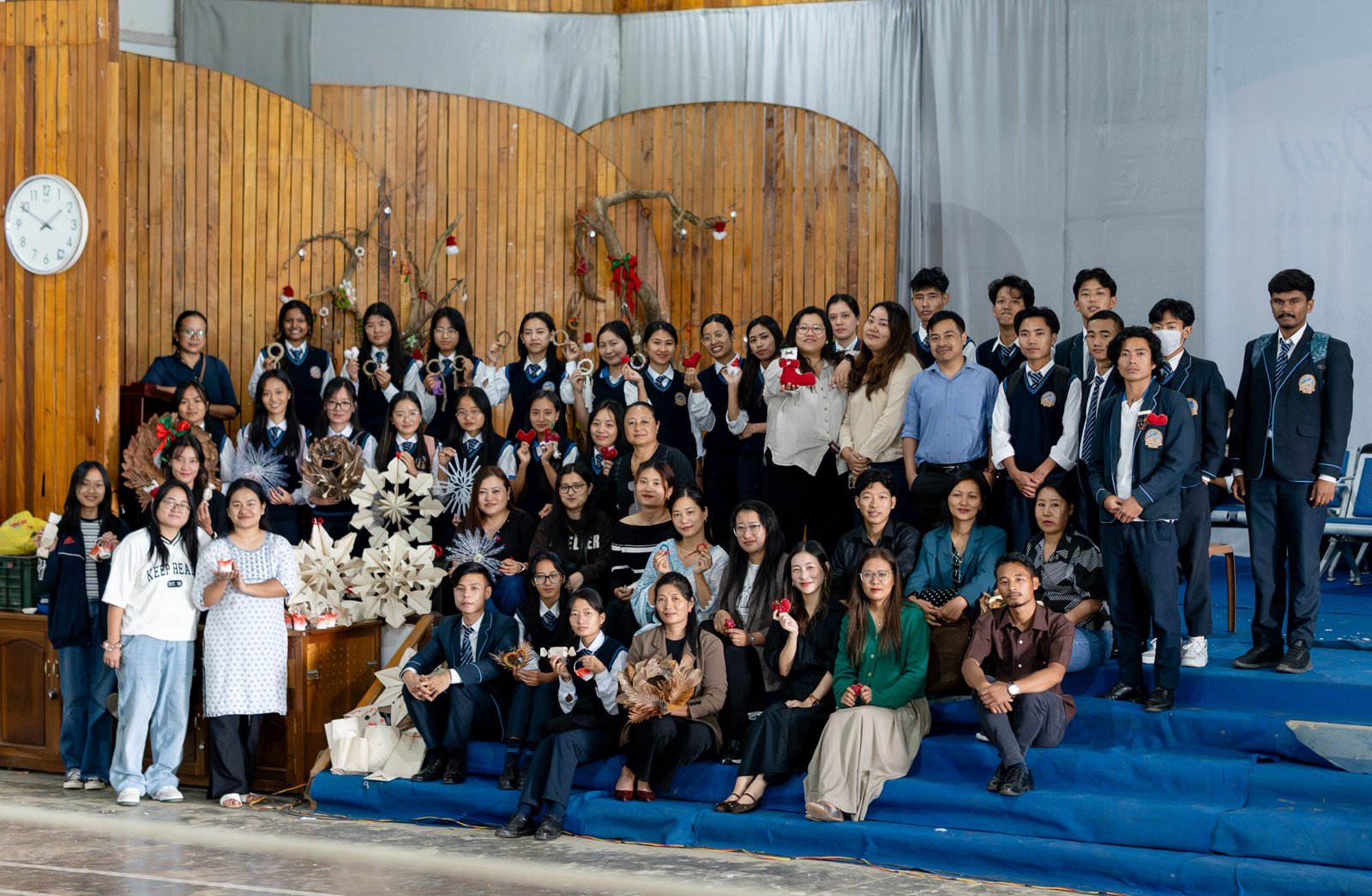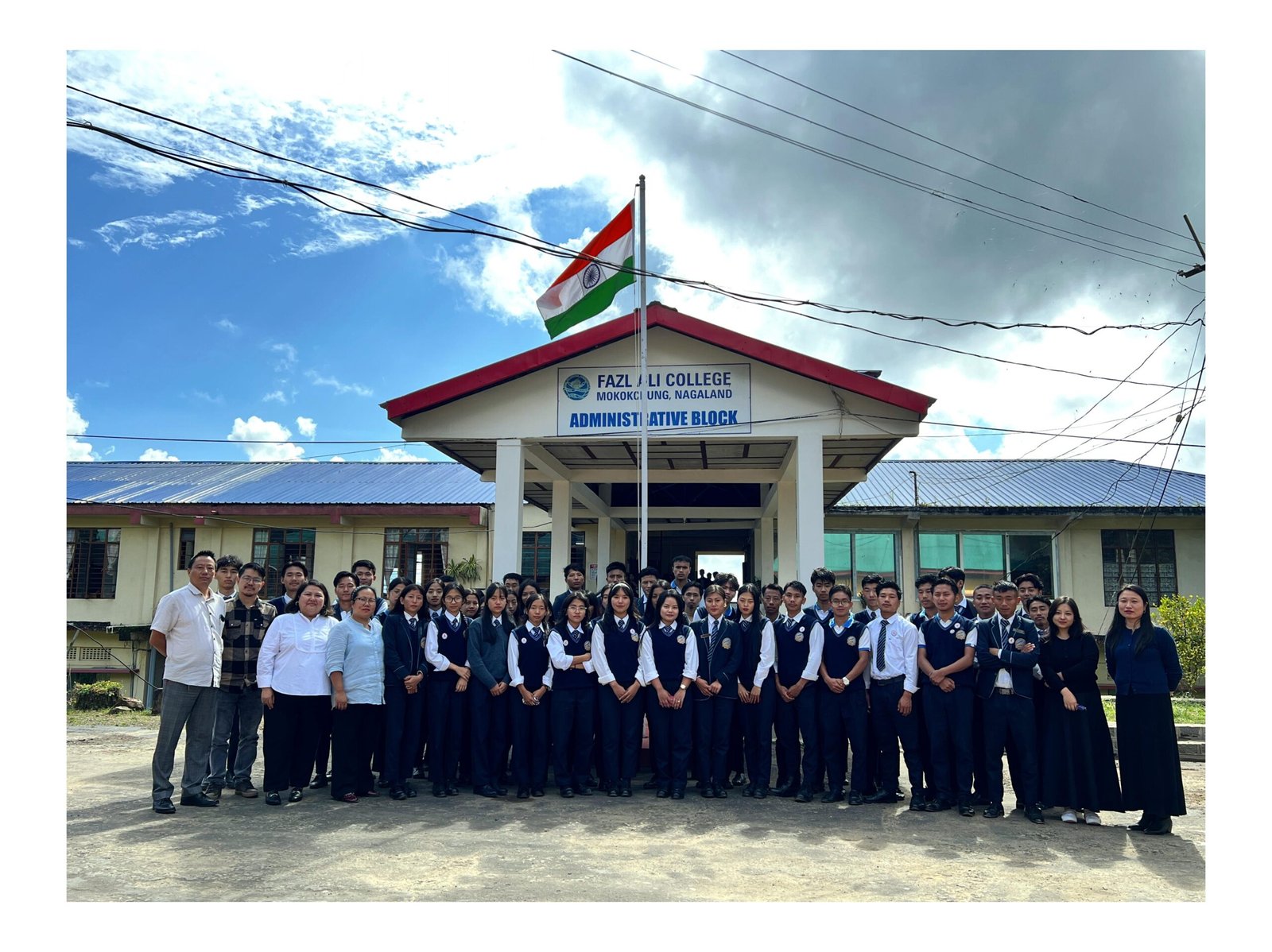Report on the Inter-departmental seminar , Fazl Ali College.
The inter departmental seminar was held on 22nd October 2025 at the Conference Hall, with Ms. Lireni T. Tsanglao, Assistant Professor, Department of Economics, as the resource person. The session was moderated by Ms. Lushian H, and Ms. Nile Kath served as the rapporteur.
Ms. Lireni presented her study titled “Understanding Labour Productivity Dynamics in the Rural Economy of Mon and Wokha Districts, Nagaland.” Her research examined the factors influencing Rural Non-Farm Labourers (RNFL) using the Relative Importance Index (RII) and Multiple Linear Regression Model to study income and productivity.
She explained that push factors such as low agricultural income, small landholdings, risk and uncertainty, and economic hardship drive people out of agriculture, while pull factors like rising demand for labour, better income prospects, opportunities for skill acquisition, and minimal entry-level requirements attract them to the non-farm sector.
Using the regression model, the study analysed income with respect to socio-economic factors such as working hours, age, and education. The study also used a modified version of the International Labour Organization (ILO) formula to measure labour productivity, defined as Income ÷ Hours Worked. The results showed that labour productivity was ₹64.37 per hour in Mon and ₹118.46 per hour in Wokha, with an overall average of ₹90.03 per hour, which is significantly lower than the ILO national estimate of ₹700 per hour.
Findings indicated that Wokha District has higher labour productivity than Mon, pointing to more efficient and better-paying non-farm activities in Wokha. The research further revealed that income levels are strongly influenced by working hours, while education and age have a more positive effect on productivity in Wokha compared to Mon.
Ms. Lireni concluded that the Rural Non-Farm Sector (RNFS) plays a vital role in supplementing rural livelihoods, providing employment opportunities, and diversifying the local economy. She emphasized the importance of skill development, credit access, and policy support to promote sustainable growth and improve productivity in Nagaland’s rural areas.
The seminar concluded with an interactive Q and A session.

